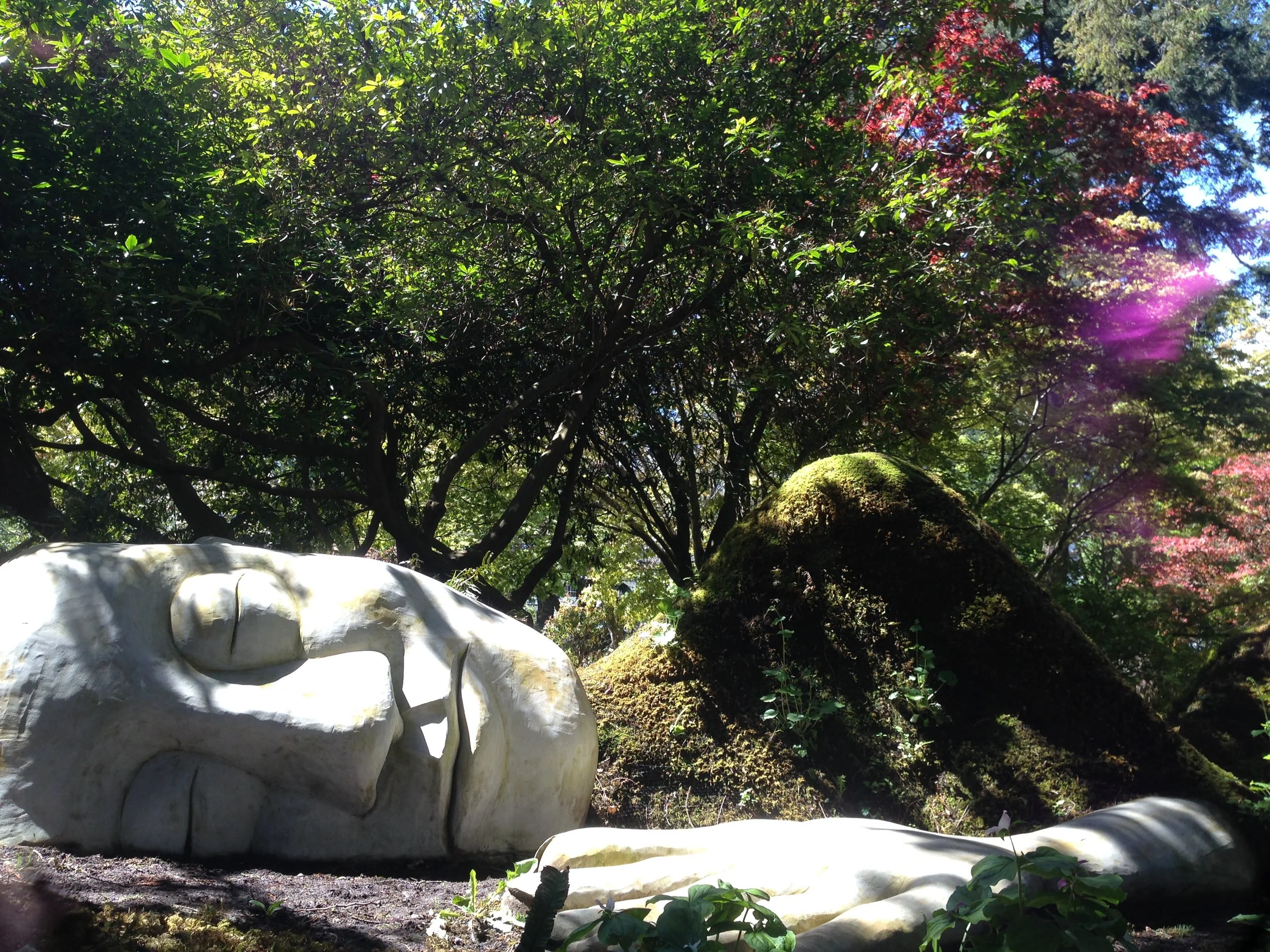I have experience working with a variety of challenges including but not limited to: anxiety, depression, addiction, sobriety, grief and loss, suicide ideation, sexual/gender identity issues, transitioning, loss or change of employment, parenting concerns/challenges, dissolution of relationships, co-parenting/parallel parenting after separation, traumatic experiences, abuse (past/current), body image challenges, mental health diagnoses and recovery, compulsive behaviours, anger management, relationship building, self-discovery, isolation, aging, life transitions, and spiritual exploration.
I specialize in grief and loss. I am also a bereavement counsellor at Victoria Hospice, where I am honoured and privileged to sit with and support people who are deep in their grief after someone in their life has died. If you are grieving and in need of support, I can help you.
I draw on ideas and perspectives that include but are not limited to: narrative therapy, trauma-informed practices, humanistic person-centered therapy, logotherapy, solution-focused therapy, mindfulness practices, somatic psychotherapies (body awareness, body/mind connection), ecopsychology, neuroscience, behavioural epigenetics, response-based practice, family systems theory, cognitive therapies, psycho-education, feminist theory, and an anti-oppression framework.
Whomever I am working with, I am rooted in compassion, respect, hope, creativity, and courage. The guiding forces of my counselling work are for you and I to build connection, to witness and honour your story, and to support you in creating solutions, transformation, and healing. I also never lose sight of the fact that life is often messy and imperfect. My hope is that you can bring all of these parts to the counselling space.
I approach counselling work through a holistic, strength-based, client-centered, contextual, practical, and anti-oppression framework. Let me say this another way:
** I see you as a whole, multifaceted human being. Your wholeness is made up of many complex, interrelated parts — mental, emotional, physical, spiritual, behavioural, social, and ecological. Using a holistic perspective helps to notice and promote balance between these different parts. For instance, this might mean recognizing that your mental health is having an impact on your physical well-being, or vice versa. I offer these connections to you as I hear your story, so that you may explore a variety of possible avenues to heal or reflect upon.
** I centre you as the expert in your own life. My job is to pay attention to your existing wisdom, skills, and intuition so you can build on these and grow them into even more empowered parts of yourself. I also believe that supporting and connecting with one another is vital to our well-being. I understand the vulnerability of asking for help, thus I see the tremendous courage it has taken you to seek out support (such as counselling). I would even call it an act of resistance, in a world that often demands we rely on ourselves more than reaching out to connect with others.
** I see the variety of contexts with which people are embedded — family, community, education, employment, culture, society, political, connection with the natural world, etc — each of these influencing a person's experience of the world. A person cannot be understood without understanding the different contexts with which they come from. Part of my job is to help reveal these influences in your life, revelations which in themselves can create enormous relief and clarity for moving forward. As the saying goes, "you can't know where you are going until you know where you have been."
** Paying attention to the larger influences in a person's life must also oscillate between practical resources and skills. At times, I use a psychoeducational approach to provide useful ideas and tools. There are many key therapeutic concepts that are invaluable to a person's day-to-day health and well-being. This might include improving communication skills, developing and understanding boundaries, expressing emotionally vulnerable experiences, mindfulness practices, body awareness, to name some.
** Using an anti-oppressive, trauma-informed framework means paying attention and learning about sources of abuse, trauma, and violence in a person's life. I am curious about the intersecting identities of a person's life — race, sexuality, gender, abilities/disabilities, body type, class, status, and otherwise — and how these may be sources of oppression or privilege. Within this framework, it is vital to understand the impacts of intergenerational and/or historical traumas, which highlight the related and complex ripple effects of greater cultural abuses of power. I collaborate with clients to help them identify and acknowlege what these sources are, support them in recognizing and creating resistance, and help clients to develop and build upon an inner sense of agency, power and resilience. Part of an anti-oppression practice means I am also consistently challenging myself to see my own blindspots and assumptions I make about the world that could be vastly different from a client's experience of the world. Trauma-informed practice means I hold space with compassion the various ways trauma might show up in an individual’s behaviours, mental health, nervous system, and sense of safety in the world.
"The Moss Lady" in Beacon Hill Park ~Created by City of Victoria staff



